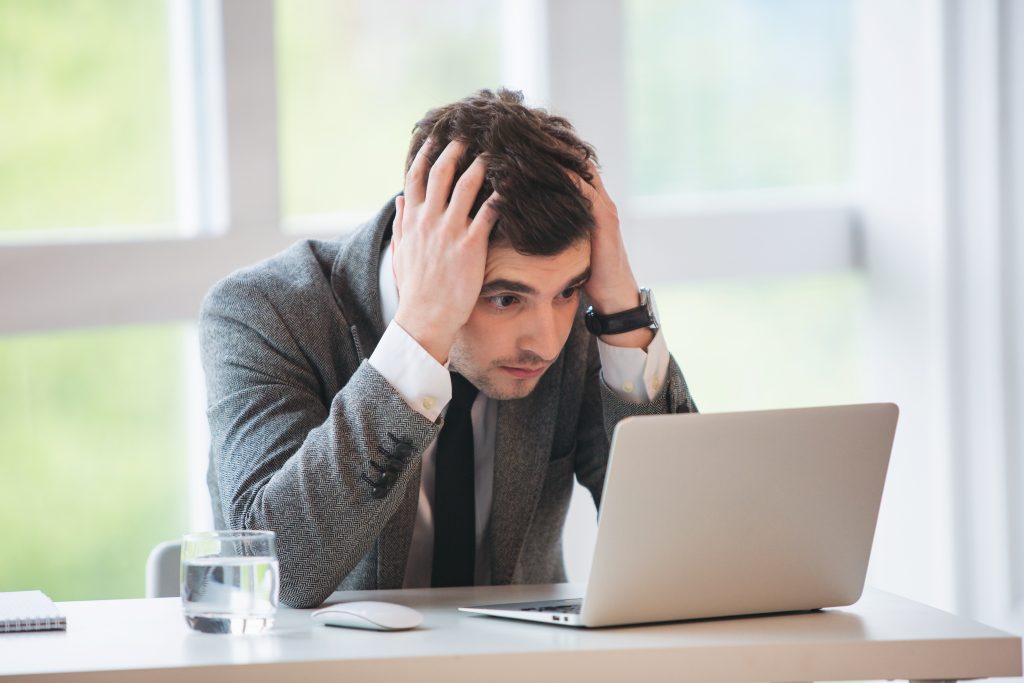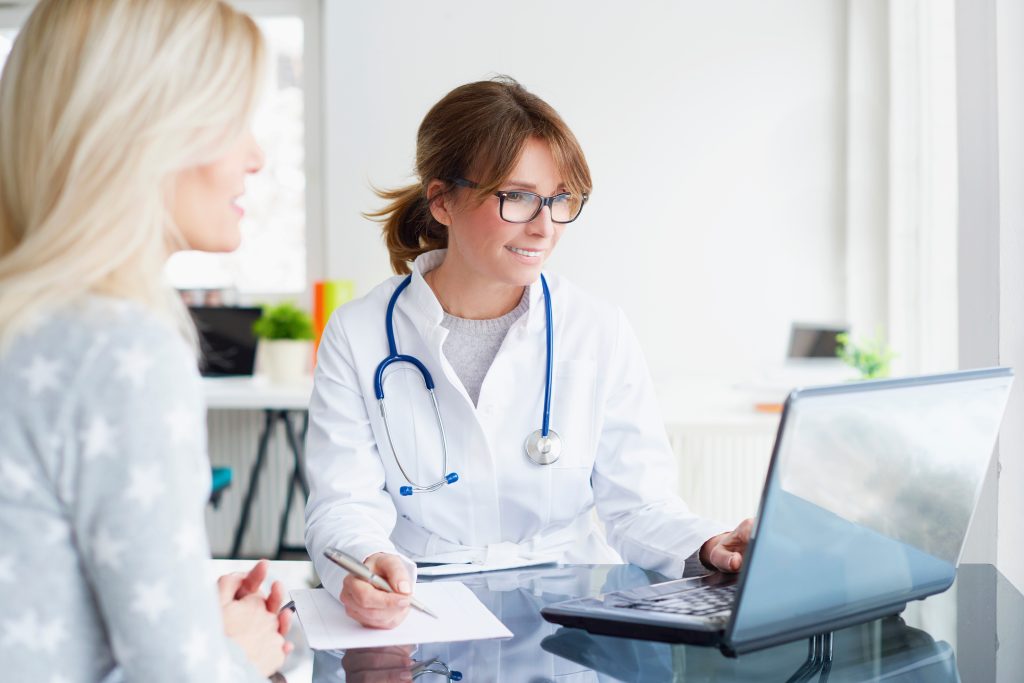As we have already had the opportunity to investigate, between the pandemic and the possibility of everyone being connected, a phenomenon that is spreading more and more in the Health and Wellness area is self-diagnosis, with all the dangers that this entails!
What happen? Simple! Those who proceed with self-diagnosis feed concern and discouragement, confuse and underestimate the true symptoms, extend the time to obtain the true diagnosis and ultimately cause stress (see the article Online self-diagnosis: why it doesn’t work!).
Along with self-diagnosis, a new pathology is developing: cybercondria.
Cybercondria, or hypochondria fed by the web, is the new virtual disease, in a word what we have just described, namely the transformation of fear into pathology, an attitude that the pandemic has undoubtedly accelerated.
This latest generation term is used for the first time in 1996, in unsuspecting times. Cybercondria identifies “an excessive or repeated search for health-related information on the Internet, driven by distress or anxiety about health itself, which only amplifies that distress or anxiety” (Starcevic, Berle, 2013, Source: leurispes.it).

For many, perhaps too many, this spasmodic search on the web has become a real obsession. But even if not in a pathological way, there are many users who today are looking for the answer to their health problems on the internet.
The good old medical encyclopedia, perhaps to be consulted in the library (socializing with someone!), has been largely archived and replaced by the faster and more recent Dr. Internet. But while previously, with paper, access to information was only for those who had the tools, now this possibility is for everyone, because everyone has at least one internet connection through which they can access the desired information.
Furthermore, to aggravate the situation, with the Covid-19 emergency there has been an explosion in the use of the web at a global level. In fact, according to the annual report of the International Telecommunications Union (UIT), the specialized institution of the UN (Source Facts and Figures: itu.int) in 2021 would be about 4.9 billion people who used the Web: with an increase of 17% compared to 2019.
Inoltre, ad aggravare la situazione, con l’emergenza Covid-19 si è assistito all’esplosione dell’utilizzo del web a livello globale. Infatti, secondo il rapporto annuale dell’Unione internazionale delle telecomunicazioni (Uit), l’istituzione specializzata dell’Onu (Fonte Facts and Figures: itu.int) nel 2021 sarebbero circa 4,9 miliardi le persone che hanno utilizzato il Web: con un aumento del 17% rispetto al 2019.
The risks of information technology
It is therefore not easy to identify the risks to be encountered if you have the possibility of accessing information that you are not able to decipher. It is not easy to recognize that you run the risk of self-diagnosis and even more so it is not easy to recognize that you are cybercondriac!
The enormous potential of the web can only emerge if you are able to use them correctly! Internet abuse loads users with enormous risks, and we have seen them (see article Online self-diagnosis: why it doesn’t work!).

Cybercondria is characterized by certain behaviors that clearly identify this pathology.
So we can talk about cybercondria when:
- you spend too much time on the web,
- you can’t check the online search,
- you experience emotions of anxiety or fear that have an impact on your daily life.
(To find out more: https://www.stateofmind.it/cybercondria/)
You need to know how to untangle the countless information that is just a click away and take only what you need to have the right awareness and understand which specialist to contact. But this can always be left to your general practitioner, who will best direct us to the specialist we need! The general practitioner will thus have a complete picture of our state of health!
On the web, moreover, there is a tendency to look for testimonies above all of people who have diseases similar to ours. And we start from the testimonies to take the most disparate paths. If before there was no symptom, now we think everything and the opposite of everything.
When we talk about health and well-being it is impossible to identify a clinical situation equal to yours. We should not compare different individuals in different situations even with similar symptoms, this is true in general and in particular in the medical field.
What to do then?
As we have already had the opportunity to suggest, it would be advisable to always rely on the experts!
Only the doctor can give us an authoritative and trustworthy answer!
Whether in telemedicine or in person is not relevant, the important thing is that the specialist has the opportunity to answer our questions and clarify our doubts.
And may the last word be from the doctor!

